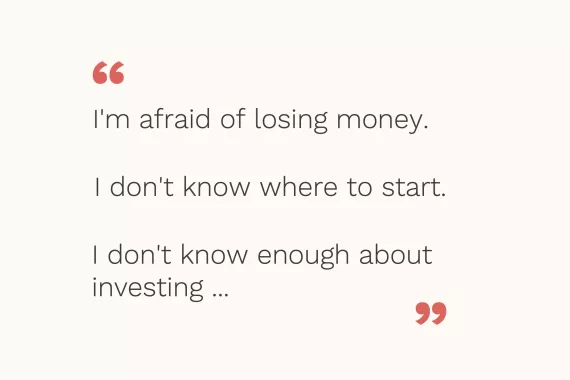Fintech is transforming money as we know it
Technology and finance have always gone hand in hand. From the first ATMs to online banking, innovation has shaped how we interact with money. In recent years, fintech has accelerated that change at lightning speed.
Today, fintech is no longer a niche industry. It is mainstream. From paying with your phone to using apps that round up your spare change into investments, fintech has made financial services faster, more flexible, and more personal.
But how exactly is fintech changing financial services right now, and what trends should we watch this year?

Trend 1: Digital banking becomes the default
Traditional banks are moving online, and digital-only banks are thriving. Most people now prefer to manage their accounts through apps instead of branches. These platforms are easier to use, available 24/7, and often come with budgeting tools built in.
For families, digital banking means better visibility of spending and more control over household money. For younger users, it means never stepping into a branch at all.
Trend 2: Payments are faster and smarter
From QR codes to instant transfers, payments are quicker and more seamless than ever. Mobile wallets like Apple Pay or Google Pay continue to grow, while fintech companies in Europe are rolling out new systems that allow instant international payments.
This trend is particularly important for businesses and freelancers who rely on cross-border transactions. It reduces delays, costs, and paperwork.

Trend 3: Investing gets easier and more accessible
Investing was once seen as something for the wealthy. Fintech has changed that. Robo-advisers, micro-investing apps, and low-cost platforms allow almost anyone to start building wealth with just a small amount of money.
This democratisation of investing is one of the most significant shifts in financial services. It means more people can take control of their financial futures without needing expert knowledge.
Trend 4: Artificial intelligence drives personalisation
AI is now being used to analyse spending patterns, predict cash flow, and provide tailored advice. Many fintech platforms are introducing AI chat tools that guide users through decisions, making money management more interactive.
For banks and providers, AI also helps with fraud detection and customer support, improving security and efficiency at the same time.

Trend 5: Sustainable finance gains momentum
Customers are increasingly asking not just where their money goes, but how it is being used. Fintech is responding with platforms that highlight ethical investment choices, carbon footprint trackers, and green banking options.
This shift reflects a broader cultural change. Financial services are now expected to support long-term sustainability as well as short-term returns.
Trend 6: Regulation catches up with innovation
As fintech expands, regulators are stepping in to ensure consumer protection and financial stability. This year, expect to see more rules around data security, crypto assets, and digital identity checks.
For customers, stronger regulation means greater safety. For providers, it means more responsibility to build trust while continuing to innovate.

Final thoughts
Fintech is not just changing financial services. It is redefining them. Banking, payments, and investing are now faster, smarter, and more customer-focused than ever before.
The trends of this year show a clear direction: greater accessibility, more personalisation, and stronger links between finance and everyday life. Whether you are managing a family budget, running a business, or planning for retirement, fintech is already part of your financial journey.
Want to understand fintech and use it with confidence?
Check out our courses and learn how to make sense of financial technology. From online banking to investing through apps, we give you the tools to stay ahead without the jargon.
👉 Explore our upcoming courses
Because the future of money is already here, and it works best when you know how to use it.
Discover more
-
Fintech: What It Is and Why It’s Reshaping the Future of Money (Beginner’s Guide)
What is fintech and why does it matter? This beginner’s guide explains how fintech is reshaping the future of money and everyday f... -
Why Financial Services exist & what they offer
On your journey to financial confidence and to starting to invest your money, you’ll need to work with a financial services provid... -
Why you don't need to be afraid of investing.
Our 15 minute webinar is aimed at encouraging more women to take the plunge – but really, the facts apply to anyone who might be t...


